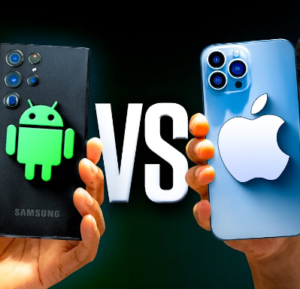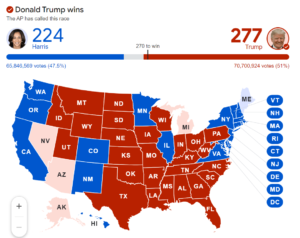The Apple iPhone 15 Controversy in China: Unpacking Security Concerns

In the fast-paced world of technology, where innovation is relentless, Apple’s annual product launches have always been a major highlight. This year, the release of the highly anticipated iPhone 15 captured the global spotlight. However, just hours after Apple concluded its dazzling launch event, the Chinese government sparked controversy by addressing the security of Apple’s iconic smartphones.
China’s Official Stance
China’s Ministry of Foreign Affairs, represented by spokesperson Mao Ning, made a statement that reverberated worldwide. Contrary to initial reports, China had not officially banned officials from using Apple’s foreign-brand phones. Mao Ning clarified, stating, “China has not issued any legislation, regulations, or policy documents prohibiting the purchase and use of Apple’s foreign-brand phones.” Nevertheless, the spokesperson acknowledged a series of “security incidents” concerning Apple phones.
The ambiguity of the term “security incidents” left room for speculation. Mao Ning refrained from specifying whether these incidents pertained to widely reported security vulnerabilities resulting from outdated software or if they signaled a more profound concern within the Chinese government about the safety of these devices.
Impact on Apple’s Reputation
This nuanced comment from China’s Ministry of Foreign Affairs has significant implications for Apple. Given that China is the primary manufacturer and a massive consumer market for iPhones, any sign of trouble in this relationship can have global repercussions. Last week’s rumors of a potential iPhone ban for Chinese government workers sent shockwaves through Apple’s financial standing, causing a staggering $200 billion drop in the company’s market value within just two days.
Reports emerged that senior officials within Chinese central government agencies instructed their subordinates to refrain from using iPhones and other foreign-branded devices at work. This move to further restrict the use of foreign-made technology within government departments coincides with the Chinese Communist Party’s call for domestic technology giants to compete on a global scale, much like Apple.
Geopolitical Factors
Beyond business and consumer technology, this situation also reflects larger geopolitical tensions. China’s determination to achieve self-sufficiency in critical technologies, particularly microchips, reflects its concern about being overly reliant on foreign sources. The tightening grip on Chinese access to technology by the United States and its allies is viewed as a serious threat to China’s rise and national security.
These concerns are increasingly influencing everyday consumer technology choices, as evidenced by Huawei’s recent smartphone launch featuring an advanced, reportedly Chinese-made chip. This achievement was celebrated in China as a sign that U.S. sanctions had failed to hinder the company’s progress, and it even inadvertently turned Commerce Secretary Gina Raimondo into a symbol of the device’s success during her visit.
Apple’s Vulnerabilities
Apple’s vulnerability in this scenario extends beyond political tensions. Recent events, such as worker exoduses during China’s unpredictable coronavirus lockdowns and allegations of suppliers relying on Uyghur forced labor, have underscored the risks of overreliance on Chinese factories.
Additionally, there’s a unique technological challenge in China. Powerful graft-busters involved in Xi Jinping’s anti-corruption campaign have been unable to unlock iPhones belonging to suspects. While they possess software to unlock other mobile phones, including some from Russia, Apple’s phones remain impenetrable. This inability to access vital information presents a genuine concern for Chinese authorities.
Conclusion
The controversy surrounding Apple’s iPhone 15 in China is multi-faceted and significant. It highlights the intricate interplay between technology, politics, and national security on a global stage. Apple, a tech giant known for innovation and global reach, now faces the challenge of navigating these complex waters to maintain its strong presence in the world’s most populous nation. The world watches with bated breath as this story unfolds, and the impact on Apple’s future in China remains uncertain.







